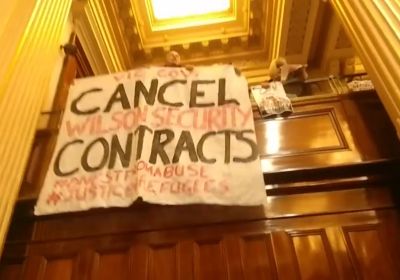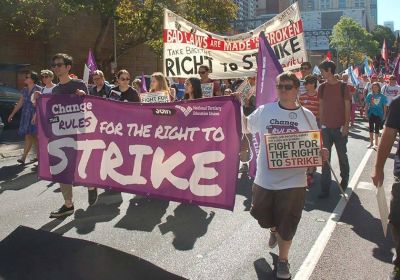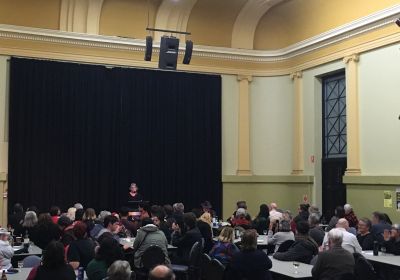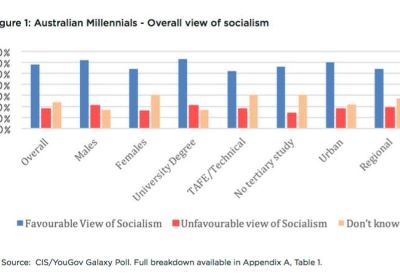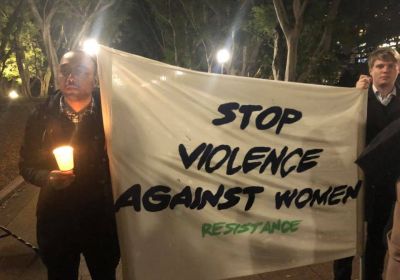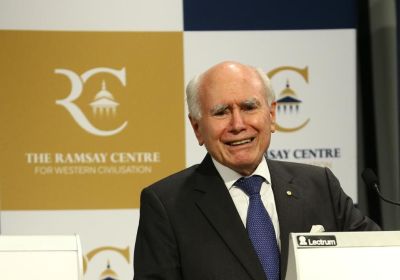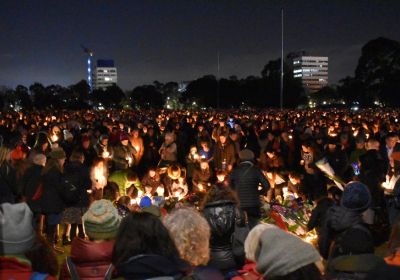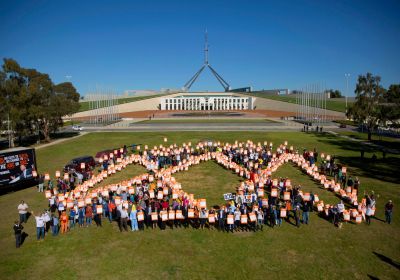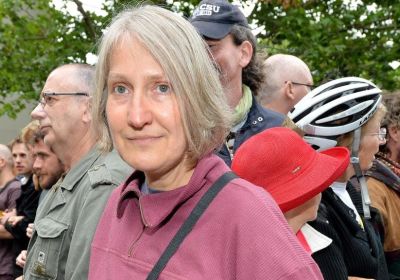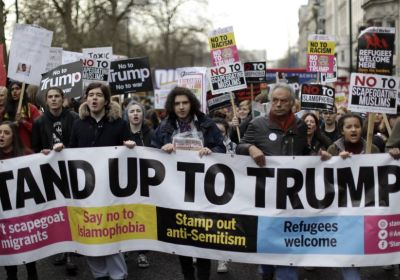News
-
-
-
-
-
-
-
-
-
-

Here is a list of vigils being held around the country for Eurydice Dixon, who was raped and murdered in Melbourne on her way home from work on June 13.
Analysis
-
-
-
-
-
-
-
-
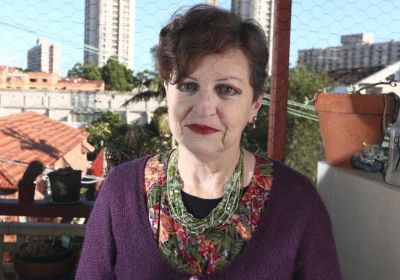
Irene Doutney, a tireless campaigner for the downtrodden, laid down her warrior gloves on June 11.
-
-
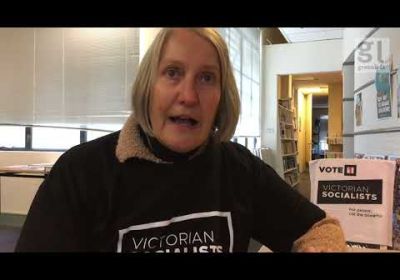
Eurydice Dixon, a young woman comedian, was sexually assaulted and murdered on her way home from a gig in Melbourne. On June 18, more than 10,000 people gathered for a vigil in Princess Park where her body was found. Sue Bolton, a Socialist Alliance Moreland city councillor and a candidate for the Victorian Socialist ticket in the upcoming state election, shared her reflections on the mass outpour of solidarity. Video interview by Peter Boyle for Green Left TV.
-
World
-
-
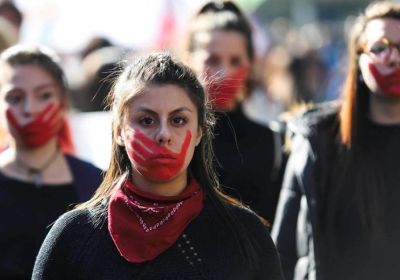
For the past month, Chile has been moving to the beat of demonstrations and university occupations carried out by a historic feminist movement calling for non-sexist education and an end to harassment and gender inequality, write Clémence Carayol & Mathieu Dejean.
-
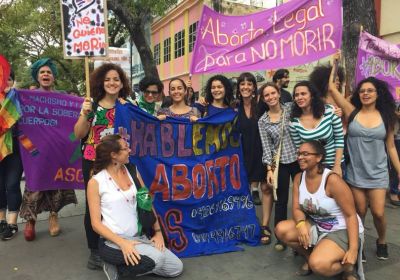
Women’s and LGBTI rights activists presented Venezuela’s National Constituent Assembly (ANC) with a series of proposals to legalise abortion and expand sexual and reproductive rights on June 20. This comes in the wake of the vote in Argentina’s Congress to legalise abortion, and at a time when the issue of abortion has gained added importance given the impact Venezuela’s economic crisis has had on women.
-
“Nothing will stop us now!” These were the words of the excited and emotional activists when Argentina’s parliament voted narrowly (129 votes to 125) to decriminalise abortion.
-
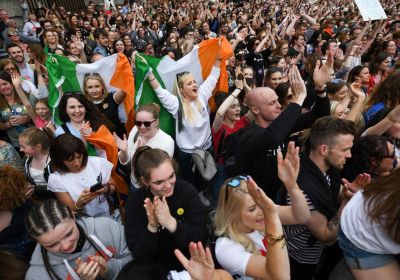
The British government could intervene to extend reproductive rights to Northern Ireland but it chooses not to, writes Kellie O’Dowd from Northern Ireland’s Alliance for Choice.
-
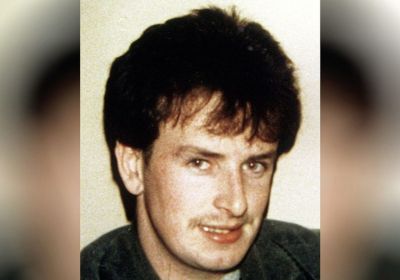
A soldier is to stand trial for the 1988 fatal shooting of a man as he walked through a British Army checkpoint during Britain’s military occupation of the six counties in Ireland’s north still claimed by Britain.
-

A country that for more than 70 years maintained an amateur football (soccer) league is today hosting the biggest sporting event in the world, writes Javier Szlifman.
Culture
-
-
Two new documentaries that screened at the recent Sydney Film Festival shine a light, in contrasting but powerful styles, on an important, yet often neglected story in the refugee narrative — why people seek asylum.
-
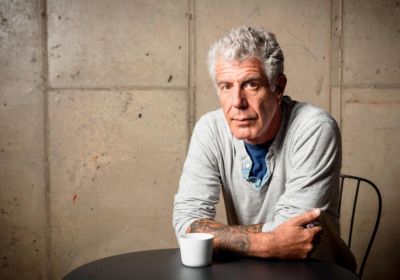
US chef and author Anthony Bourdain, who tragically passed away on June 8, demanded that we consider the humanity of so many who were wrongly portrayed by the rest of the media, writes John Nichols.
-

As the 2018 World Cup frenzy starts to take over the news cycle, it is crucial to highlight examples of how the sport has brought people together. Michael Blosser writes that one example is the case of Celtic FC and Palestine, with the Glasgow-based club showing consistent solidarity with the Palestinian struggle.



